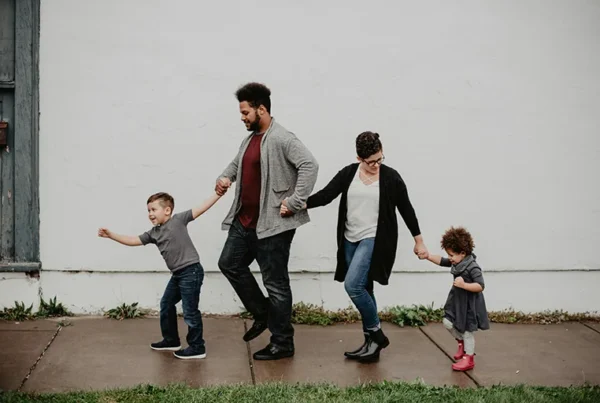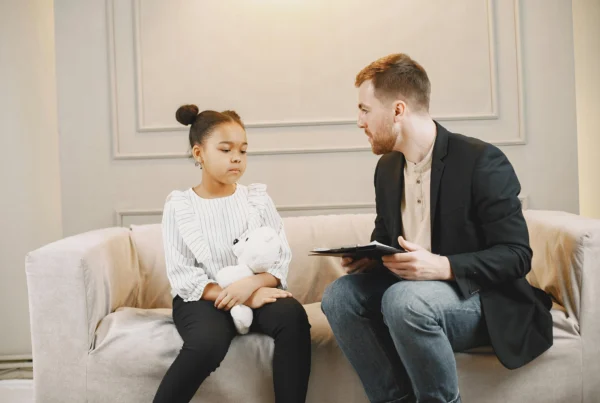Last Updated on January 22, 2026
In the state of Virginia, custody agreements can be modified if, and only if, certain conditions are met – which is why hiring an experienced family law attorney is crucial.
If you live in Roanoke or elsewhere in Virginia and are looking to change your custody agreement, Slovensky Law can help. Read on to learn when you can modify a custody agreement in Virginia, along with more information about the requirements.
How do custody agreements work in Virginia?
Virginia grants custody to parents (or guardians) in two distinct ways: legal custody and physical custody.
- Legal custody refers to the parent’s right to make decisions for the child that will impact the child’s life long-term. Examples include where the child attends school, what activities the child participates in, and what religion the parent or guardian raises the child.
- Physical custody refers to day-to-day care. It may also be called parenting time.
Often, parents share legal and physical custody of their children in some way or another if they decide to divorce.
However, many times, when it comes to legal and physical custody, one parent can have both legal and physical custody, only legal or physical custody, or (rarely) no custody at all.
Slovensky Law has helped families throughout Virginia with it all, fighting for what is in the child and parent’s best interest.
Once a custody order is in place, is it possible to change it?
Virginia allows existing custody orders to be modified, but this is only possible if the custody order’s circumstances have changed since the courts issued the original order.
An example of a custody order change that would qualify as a child suddenly requiring special services or resources that the current parent with physical or legal custody could not provide or a relocation of one of the parents.
There are other situations that qualify, too, and our team at Slovensky Law is prepared to help you through any of them.
How does a parent or guardian change a custody agreement in Virginia?
To get started changing your custody agreement, Slovensky Law would file a motion to change the current custody order within the court.
This is typically done within the Juvenile and Domestic Relations Court that ordered the original agreement – though if a parent has moved, the location can sometimes change.
When assessing, a judge will typically consider a few elements:
- The child’s age and health,
- The child’s physical and mental condition,
- The child’s relationship with parents,
- The parent’s caregiving roles,
- The parent’s relationship with one another co-parenting, and
- The child’s preference (if he or she has reached a certain age)
The judge will then evaluate the impact of the modification on the child. Remember, the judge’s goal is to ensure that this change is positive for the child’s emotional and physical health and well-being.
If the judge denies your motion, you can resubmit it – however, you must have a good reason for doing so (which is why getting it right the first time is crucial).
Slovensky Law will help you present your case for a custody modification in a clear, concise way, demonstrating why this change is in your child’s best interest. This is especially important if the matter is of the utmost urgency, leaving you little time for delay or re-application.
Our goal is to protect you and your children, ensuring you can all move forward with your lives positively.




